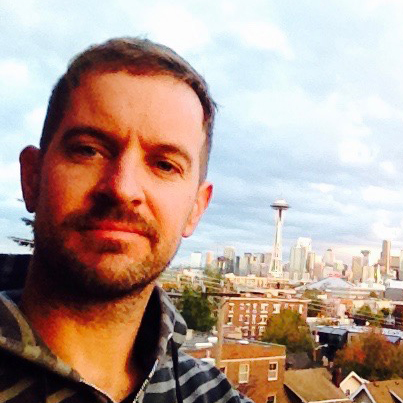Chefs in the Canadian province of British Columbia have banded together to pressure the government to reduce the number of salmon farms off the province’s coast.
Spearheaded by environmental activist David Suzuki the group of over 50 chefs, many of them from high-profile restaurants in Vancouver, are encouraging officials not to renew the leases for 20 net pens that sit on the Broughton Archipelago, an important migratory path for wild-salmon on Queen Charlotte Straight. The leases are up for renewal in June.
The chefs sent a letter to the province’s minister of natural resources and rural development that cites decades-long resistance to salmon farming in the area, where indigenous groups say companies never got permission to operate on their ancestral lands.
“Hereditary chiefs say the fish farms are illegally placed on their territories, operating without the consent of those most affected. They have never agreed to allow salmon farms in their waters, yet one-third of B.C. fish farms remain. They point to the United Nations Declaration on the Rights of Indigenous Peoples (UNDRIP) and its provision requiring free, prior and informed consent on any project affecting Indigenous peoples’ lands or territories,” reads a statement on Suzuki’s website.
Indigenous activists in the area, which is on the north end of Vancouver Island, have been periodically occupying two net pens owned by the Norwegian aquaculture giant Marine Harvest.
The letter from the chefs also points to dangers of diseases and parasites like piscine reovirus and sea lice they say can be passed from farmed population to wild fish.
“Adding to the strength of the First Nations’ rights and title claims, B.C.’s salmon farm industry has never put to rest the impacts of disease on wild salmon. Science shows that open net-pens present a risk to wild salmon from parasites and disease that cannot be fully mitigate,” Suzuki’s statement reads.
The letter comes two weeks after Washington State banned Atlantic salmon farming in open net pens after 250,000 farmed fish escaped into the Puget Sound last summer.
Last winter, a processing plant on Vancouver Island for farmed salmon came under fire after underwater video surfaced of the plant pumping bloody effluent into a wild salmon migratory channel. The effluent tested positive for piscine reovirus and prompted calls for more regulation of processing farmed fish.






